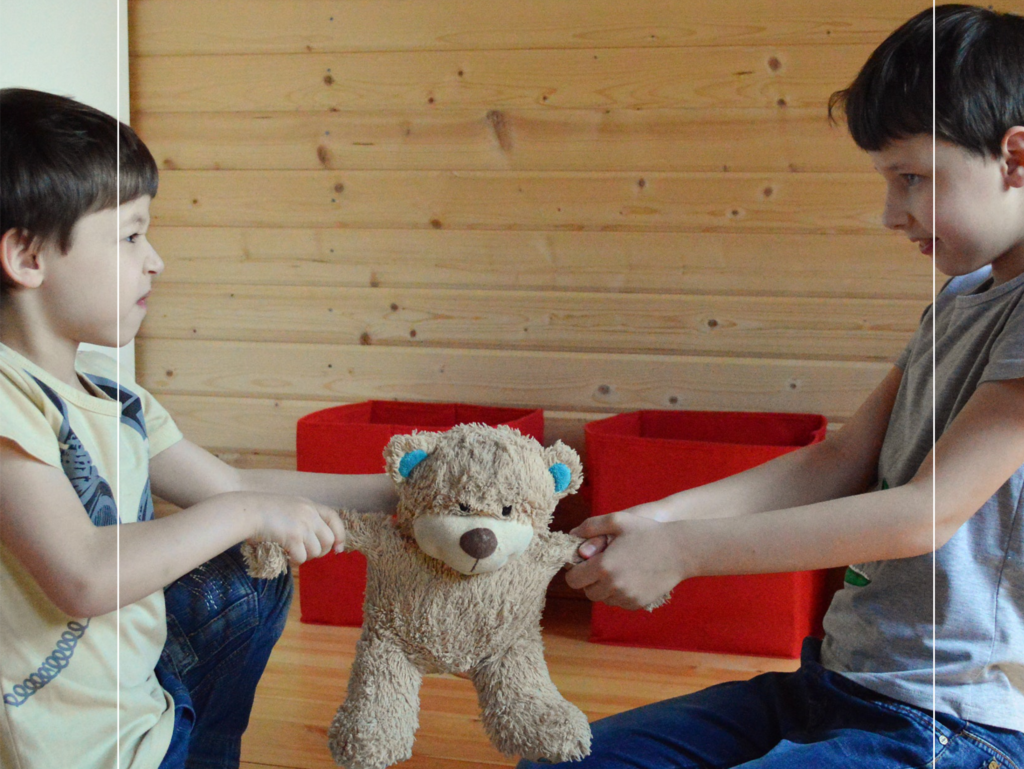
The Power of Being Wrong
Have you ever heavily invested energy, time and money into a new product, an investment or new business, wholeheartedly believing that this is the next big thing – just to be confronted with reality and failure?
But then in an escalation of commitment, due to what you have put in, instead of stopping a losing cause, you double-down and ‘sticking to your guns’ try repeatedly to make it work. This phenomenon is called the Sunk Cost Fallacy which describes our tendency to follow through on an endeavour if we have already invested time, effort, or money into it, regardless of whether the current costs outweigh the benefits.
Adam Grant,an organizational psychologist at the Wharton School (University of Pennsylvania), author of the bestseller book Think Again: The Power of Knowing What You Don’t Know, explains how entrepreneurs get caught in the pitfalls of closed-mindedness – even when contrary evidence is put before them. In his book, he argues that even beyond the boundaries of work, your ability to unlearn and rethink is crucial to be successful.
George Bernard Shaw famously said, “Those who cannot change their minds, cannot change anything”. When was the last time that you changed your opinion or even beliefs about something after careful reasoning – not just because of outside pressures? So often feeling right becomes more important than being right!
So why on earth write an article on the power of being wrong as a skill to be developed for entrepreneurs and businesspeople? Because the skill of accepting ‘wrongness’ and the ability to accept that you do not know it all, opens a new world of curiosity, unlearning and rethinking, which in turn lead to unlimited opportunities. But let me unpack this:
Many of us fail to “rethink” our beliefs and opinions because we get stuck in overconfidence cycles, which, according to Grant, typically look like this: 1. Form an opinion that feels right. 2. Seek information to support that opinion. 3. Feel validated. 4. Proudly express our opinion.
He goes further and mentions that when we become so wrapped up in preaching that we’re right, (prosecuting others who we think are wrong, and politicking for support) we don’t bother to rethink our own views and get trapped in an overconfidence cycle. This overconfidence cycle is common to mankind and as the well-known New York Times Magazine journalist Kathryn Schulz explain in her book Being Wrong: Adventures in the Margin of Error, this overconfidence results from our dislike of uncertainty: “All of these elements work together to produce feelings of infallibility and certainty, where we are sure of our theories and beliefs. However, this overconfidence results from our aversion to uncertainty, as certainty enables us to feel safe and comfortable. Thus, our reaction to being wrong is ultimately an emotional fear-response.”

But what is the flipside of this? If you can convert your doubts and uncertainty to curiosity, you have an opportunity to discover new ideas and experience the joy of learning. By learning and improving upon your ideas, you gain confidence in your capacity to learn while remaining humble about what you didn’t know, and what you still don’t know. This is called Confident Humility. It is an essential skill and attribute for modern leaders and shapers of new inventions in an ever changing and volatile world.
The takeaway message is – don’t let your ideas become your identity; value humility over pride and curiosity over your own theories; when you have an opinion, realize that it’s just a hunch or a hypothesis waiting to be tested. Lastly remember that routines that help us today can become the rut we stay in tomorrow. Some outstanding examples of this are defunct well-known brands such as Blackberry, Nokia, Kodak and Blockbuster.
If you need direction and someone to facilitate the mindset and behaviours that will lead to innovation, growth and success, contact Dr Bernard van Vuuren, on 082 563 1087.
“The more you know, the more you know you don’t know” – Aristotle
“Learn something new from each person you meet. Everyone knows more than you about something.” – Adam Grant
